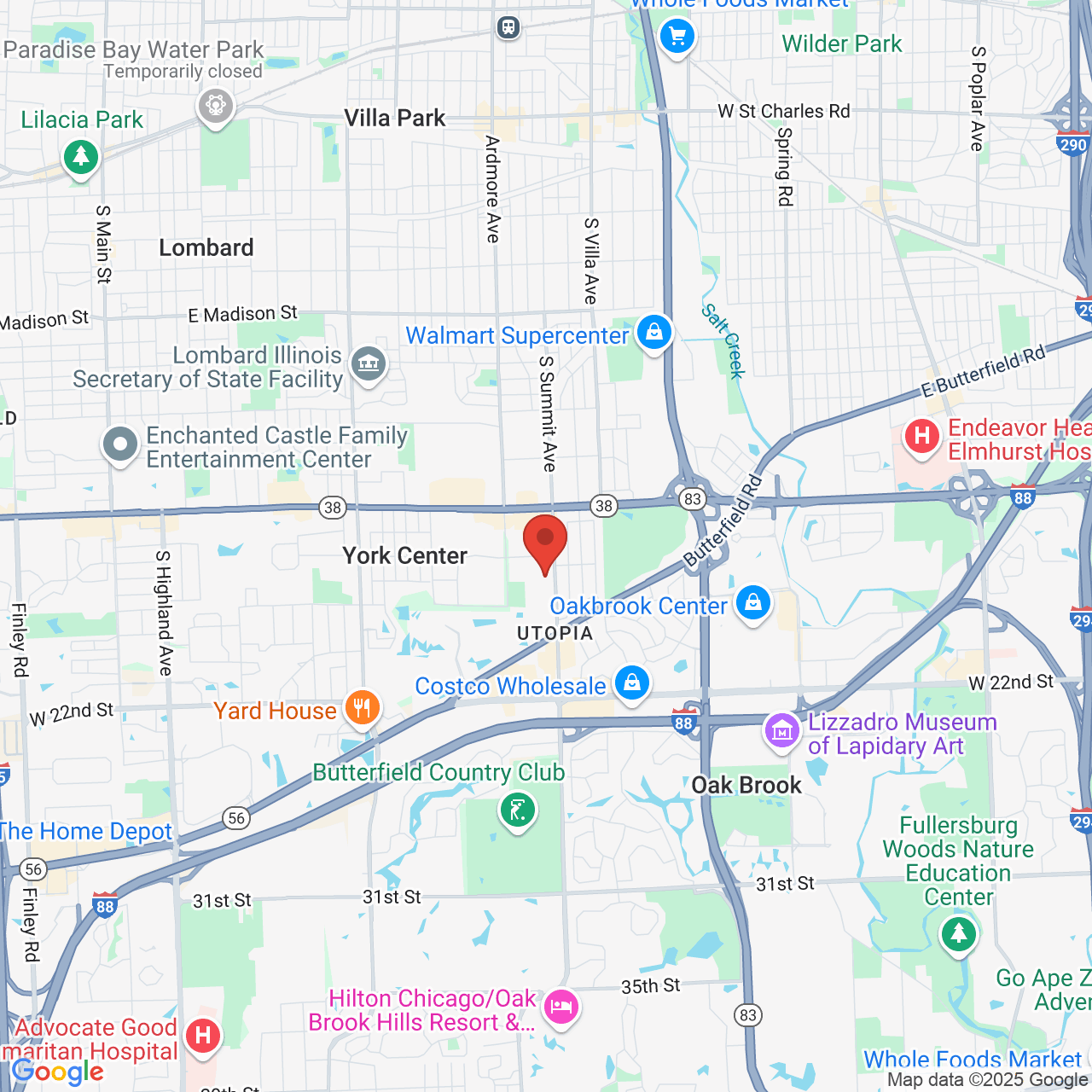Treatment for DHT Hair Loss in Women
 Dihydrotestosterone (DHT) is a hormone that causes hair loss in both men and women. In fact, hormones are the primary cause of hair loss in both sexes. Yet DHT and the nature of male and female hair loss are poorly understood by the public at large. That’s why Chicago, IL hair restoration specialists Dr. Raymond J. Konior and Dr. Sahar Nadimi take time to discuss the nature and causes of hair loss with their patients.
Dihydrotestosterone (DHT) is a hormone that causes hair loss in both men and women. In fact, hormones are the primary cause of hair loss in both sexes. Yet DHT and the nature of male and female hair loss are poorly understood by the public at large. That’s why Chicago, IL hair restoration specialists Dr. Raymond J. Konior and Dr. Sahar Nadimi take time to discuss the nature and causes of hair loss with their patients.
Right now, our team would like to go over hair loss treatment for women who’ve experienced thinning hair as a result of DHT. Let’s go over the basics of DHT first and then cover some ideal options for female hair loss treatment.
About Dihydrotestosterone (DHT)
DHT is produced in the body as a byproduct of testosterone. While usually associated with men, women need testosterone too. When levels of DHT become too high, it can cause the hair follicles to shrink. This results in brittle, thin, delicate hair that is more likely to fall out. This leads to issues with hair thinning and hair loss.
How Common Is Androgenic Alopecia in Women?
DHT-related hair loss is a part of androgenic alopecia, or pattern baldness. According to the National Library of Medicine, androgenic alopecia affects 50 million men and 30 million women in the United States.
DHT and Menopause
Women’s hormone levels decline and then sharply drop off during menopause. As a result, this can throw off the balance of the body’s chemistry, and potentially lead to issues with DHT levels. Some women experience increased sensitivity to testosterone and DHT during menopause, which exacerbates hair loss and thinning.
Does DHT Hair Loss Differ in Women Compared to Men?
Yes.
In addition to the frequency of androgenic alopecia being higher in men, the pattern of the hair loss differs a great deal.
In men, the hair loss tends to occur in certain spots on the scalp, including the front of the hairline and around the crown of the head. In women, androgenic alopecia typically results in hair loss all over the scalp.
The team at Chicago Hair Institute will note the pattern of hair loss and develop a treatment ideal for the patient’s needs.
Female Pattern Hair Loss (FPHL) Treatments
There are a few common options to treat female hair loss, and they are usually not surgical given the diffuse thinning pattern women experience. These treatments are as follows:
- Spironolactone - Spironolactone is an antiandrogen that lowers testosterone levels, which in turn lowers the amount of DHT in your body.
- Saw Palmetto - Applied topically, saw palmetto can prevent the conversion of testosterone into DHT, which helps reduce hair thinning risk.
- Minoxidil - Another topical medication, minoxidil (also known as Rogaine®) stimulates blood flow to the scalp to promote hair growth. Keep in mind that minoxidil itself has no impact on DHT.
Other Treatments for Female Pattern Hair Loss (FPHL)
In addition to the use of the above medications, doctors may recommend the following lifestyle/diet modifications:
- Changes in Diet - If hormone issues are linked to your diet and a nutritional deficiency, doctors may suggest supplements or changes to your diet to help reduce hair loss and other medical issues.
- Lifestyle Changes - Since stress and anxiety can contribute to hair thinning, doctors may recommend patients alter aspects of their lifestyle to prevent major hair loss. This could include a focus on exercise, meditation, or other ways to de-stress.
What FPHL Treatment Is Best for Me?
The answer varies from patient to patient, which is why it’s important to visit Dr. Konior and Dr. Nadimi in person. They will assess your situation and determine the ideal method of treatment based on your needs.
Learn More About Treating Hair Loss in Women
For more information about hair loss in women and how it can be treated, be sure to contact our experienced hair restoration doctors. The team at Chicago Hair Institute can be reached by phone at (630) 932-9690.





